Orange Farm, South Africa — In South Africa many young women from economically disadvantaged communities face a choice when they get their period: go to school without sanitary pads or stay home.
For Mary Phokojoe, a 13-year-old resident of Orange Farm, a black township about 45 kilometers (28 miles) from Johannesburg, that is a choice that might impact her education.
“[If] I miss school there might be some work that I missed and I will have to borrow someone’s book,” Phokojoe said. “I hate it because [another student] has more knowledge than I do.”
Phokojoe is fortunate in that her school now provides sanitary pads to students free of charge. But that is not the case for many other students. According to data collected by the Community Chest of the Western Cape, a community organization headquartered in Cape Town, 51% of young women aged 12 to 19 reported that their schools did not provide pads.
Young women often depend on their schools for sanitary supplies because their families cannot afford them. To help address this problem, organizations like Project Dignity, a nonprofit that donates reusable sanitary wear to women across South Africa, and some provincial departments of health are working towards providing products to those in need.
The Sunrise Campaign, a project of Let Us Grow, a community-based organization founded by Rose Thamae, aims to empower women and end domestic violence. Thamae, affectionately known as Mum Rose, established Let Us Grow in 1996 to provide at home-based care to HIV positive residents of Orange Farm.
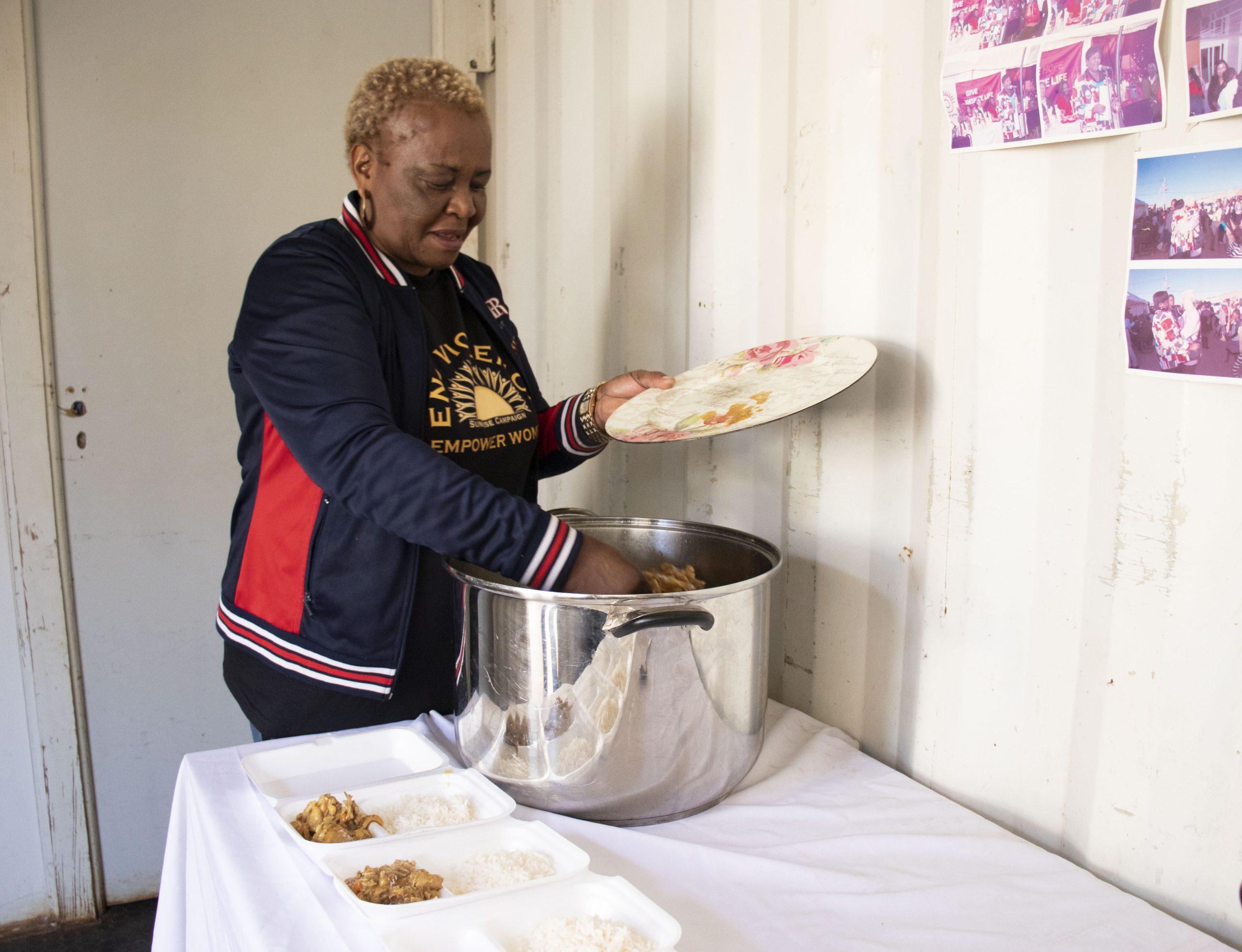
The Sunrise Campaign donates sanitary pads to women in Orange Farm as well as works to change community attitudes about menstruation.
On June 16 the Sunrise Campaign held a Youth Day celebration to further the conversation about women’s health and safety. At the celebration, Phokojoe joined Lebohang Tsoketsi, 13, and Maria Sekolanyane, 16, to perform a poem about menstruation.
“Menstruation is not a choice. Sanitary pads please hear my voice. Let us make easy this month’s cycle of celebrations to womanhood,” the women chanted.
Phokojoe said she hopes the poem encourages all schools to supply female students with free sanitary products so that girls are able to stay in school throughout their menstrual cycle.
Although the young women of Orange Farm have Thamae and the Sunrise Campaign as resources to limit their number of absences from school, Thamae said the lack of access to sanitary pads is still a “monster” that plagues the community.
“If you don’t have access to sanitary pads what are you going to do?” Thamae said. “Even if you’ve got money, you can see there’s no shops around here. Where can you buy sanitary pads?”
Siphiwe Zwane, a member of the Sunrise Campaign, said when he was in school, the lack of access to sanitary products had the potential to threaten his female peers’ health.
“It affects these girls because they even use some stuff that they get infections,” Zwane said. “They [would] use a newspaper.”
Not only does a limited access to sanitary products affect young girls’ physical health, it can also contribute to a lack of self-esteem.
Simphiwe D Nzama, former general administrator of Let Us Grow, said he has seen the positive effects that come with the accessibility of sanitary products.
“When [girls] have sanitary pads, they gain confidence,” Nzama said. “They don’t even think about menstruation.”
Thamae said when she was in school, she was not able to speak with adults in her life about menstruation. Although Thamae said communication surrounding menstruation has improved, limited resources still pose a challenge.
“The information is there. It’s good. But now what are we doing?” Thamae said. “We can come now and say, ‘Mama or granny, it’s time now,’ but what are you giving her?”
For young women who do not have an advocate like Thamae, Phokojoe said school can be difficult to navigate during their period.
“In my class there was a girl who was on her period and she didn’t have sanitary pads, so she didn’t come to school,” Phokojoe said. “The teacher scolded her because of that in front of the class.”
Thamae said limited access to women’s healthcare products is inexcusable, especially when compared to policies providing condoms in schools to students 12 and older.
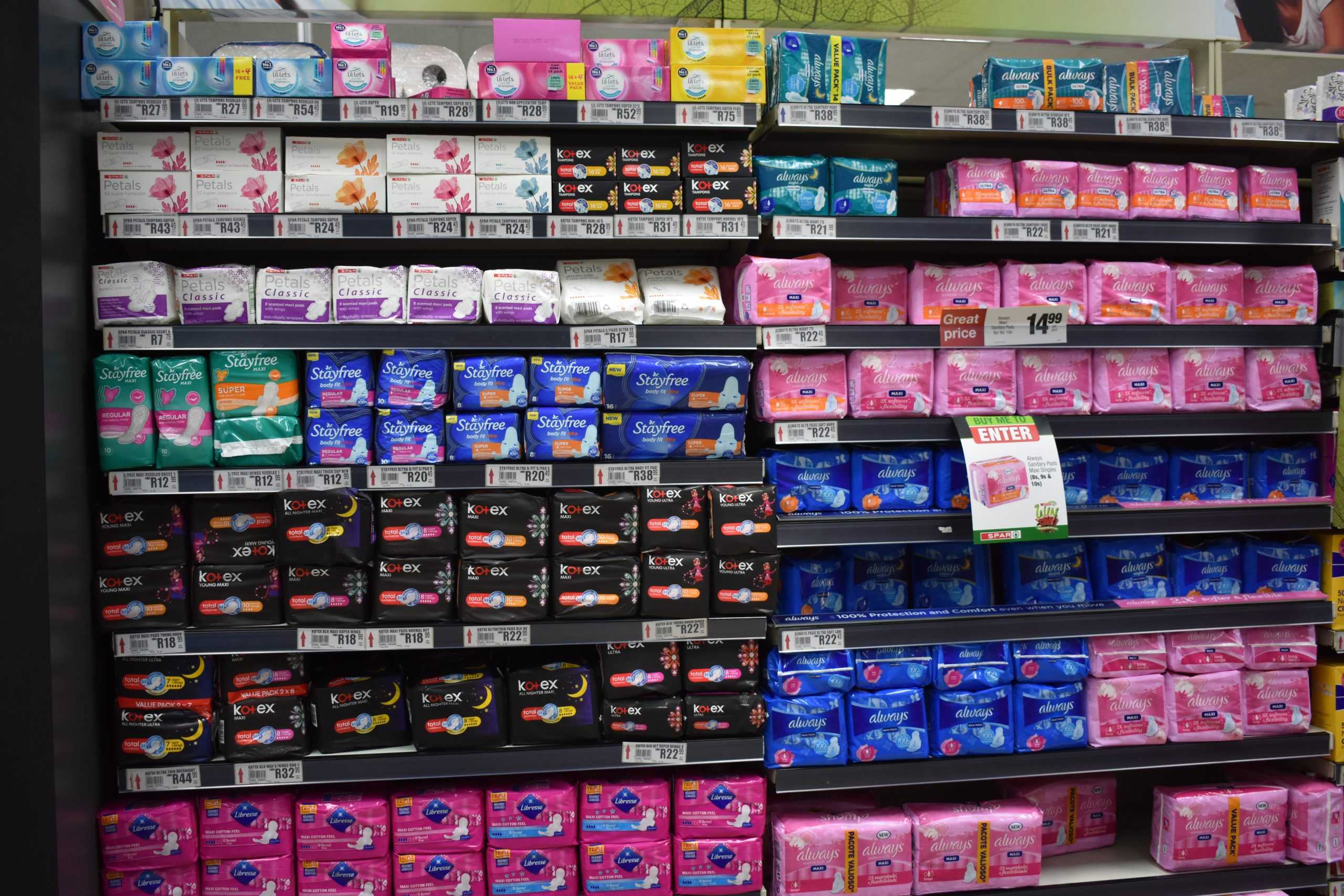
“Male condoms are so available you don’t even have to buy them,” Thamae said. “They can use that structure to also bring closer some source of sanitary pads to the community.”
Zwane said although the positive effects of providing young women with sanitary pads are known, some people still choose to ignore the need for better accessibility.
“People of this country, they must do something so the girls can get sanitary pads, so they can be free,” Zwane said.



















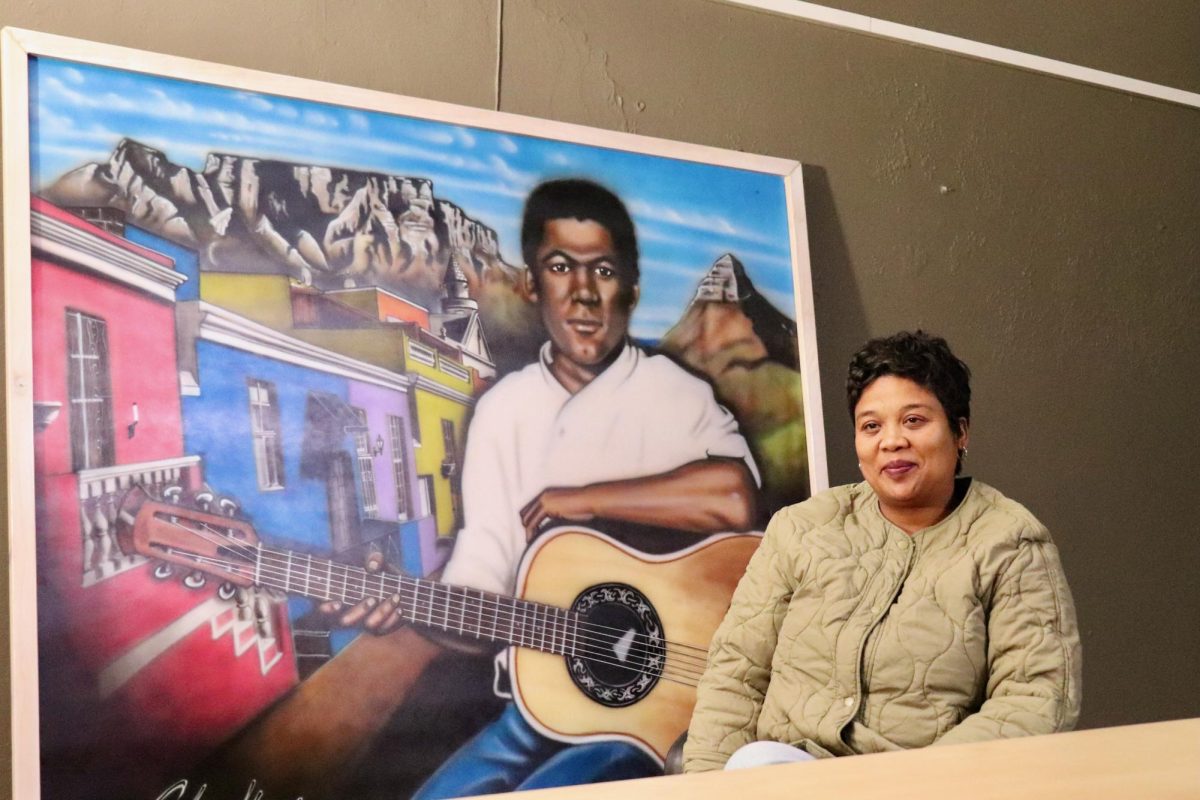
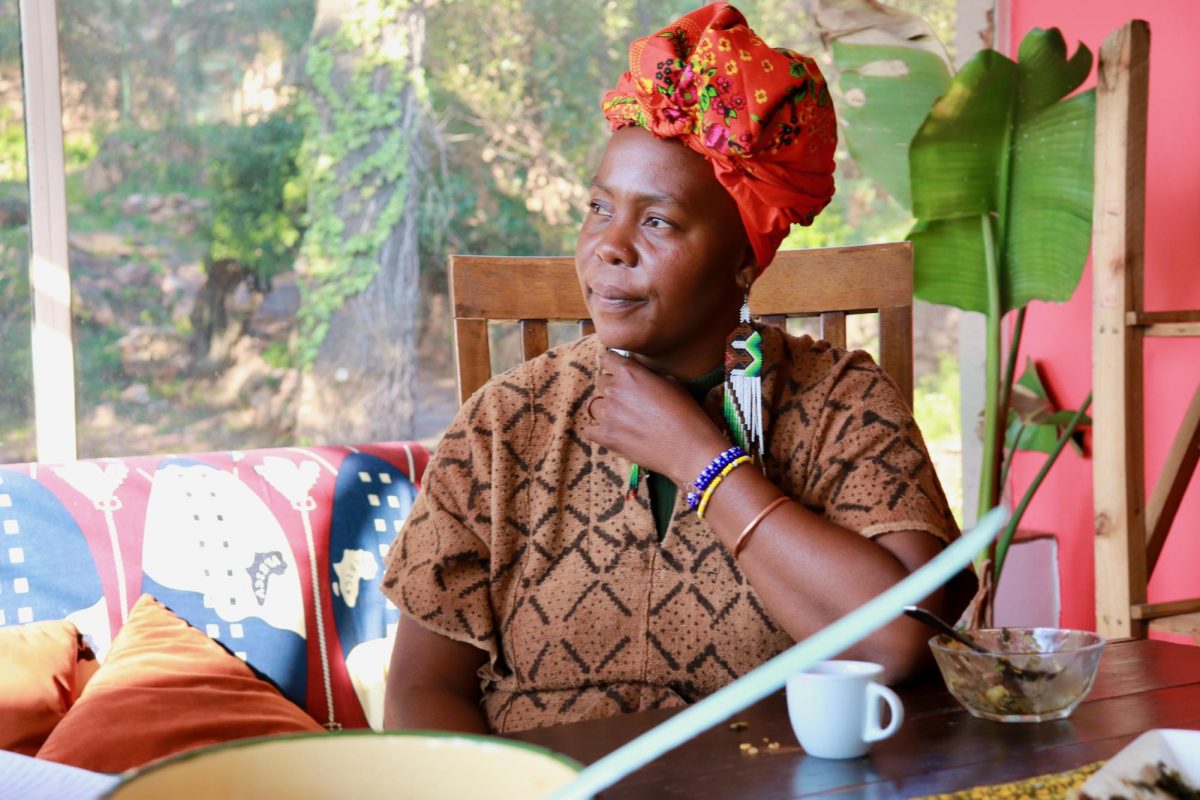
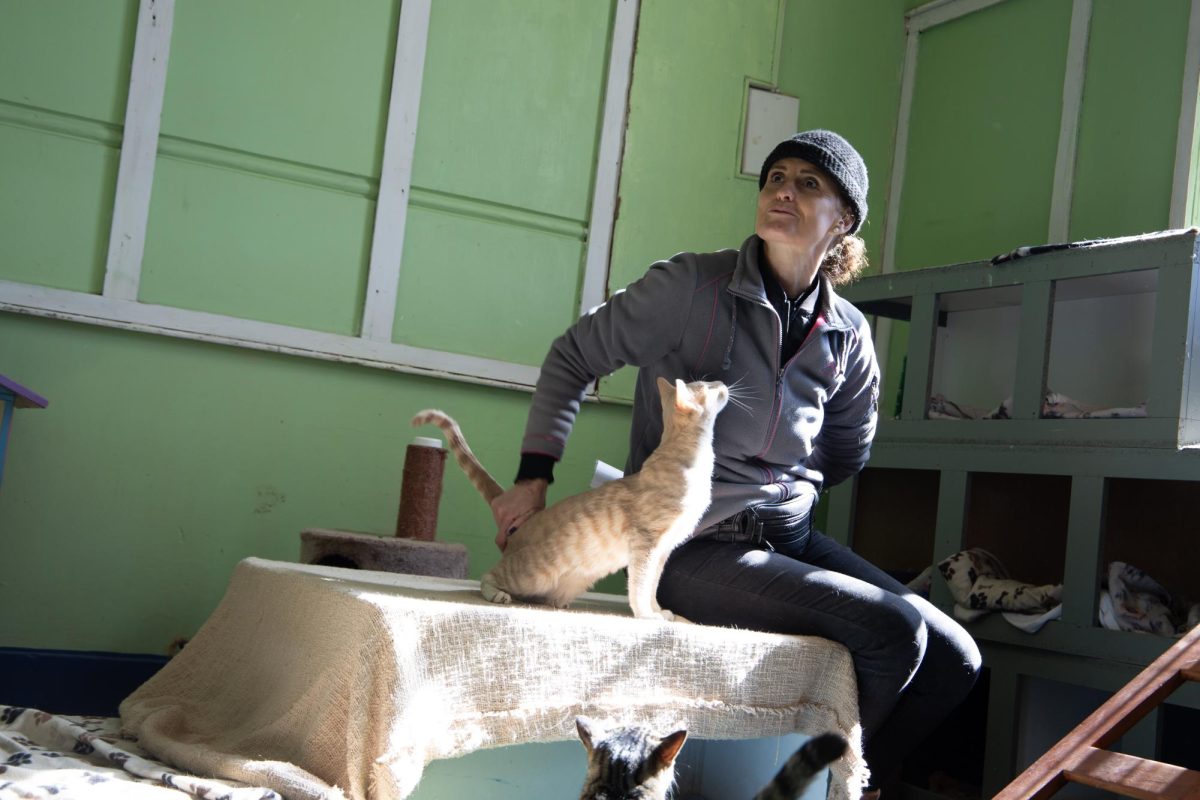
















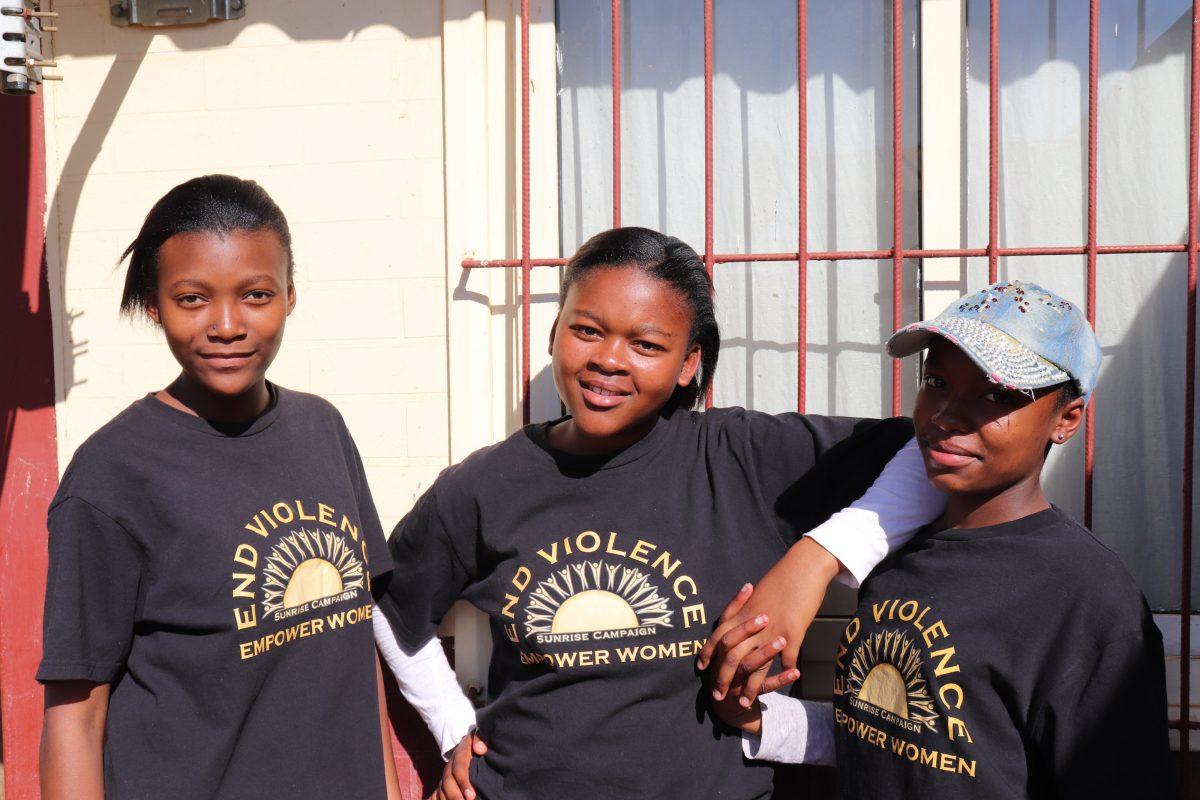

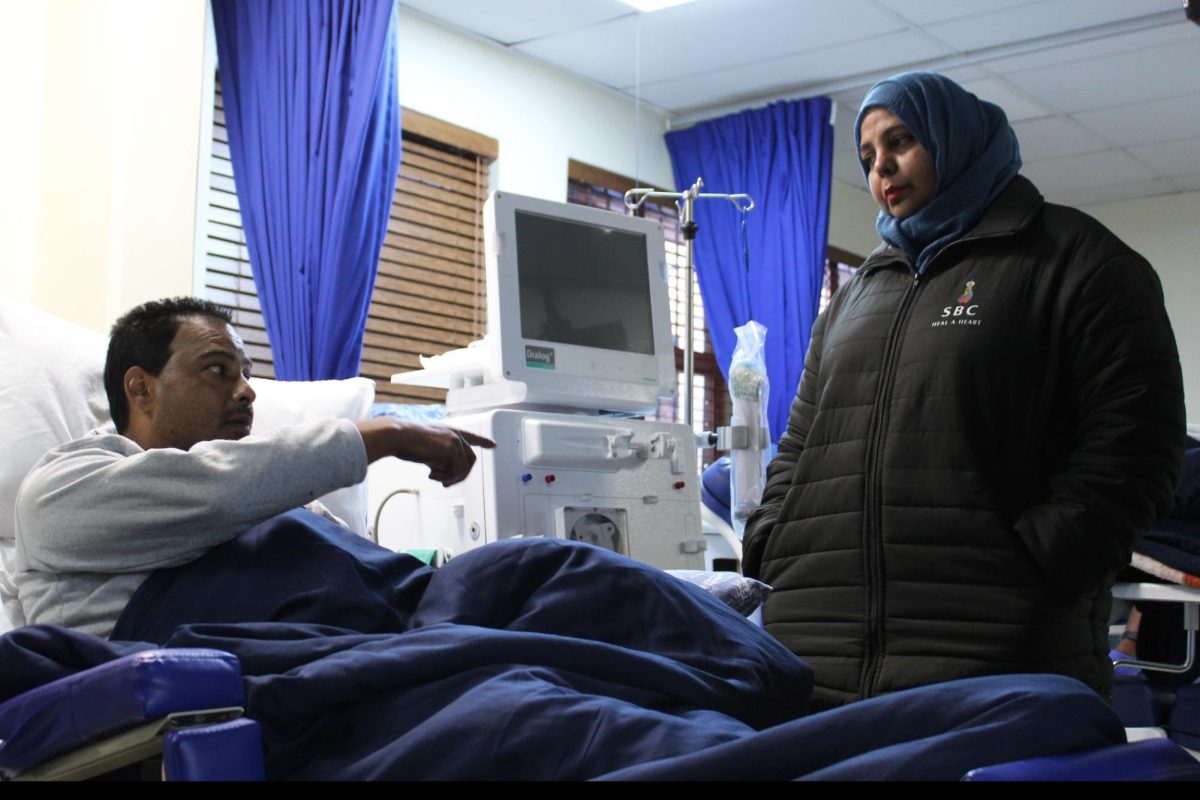
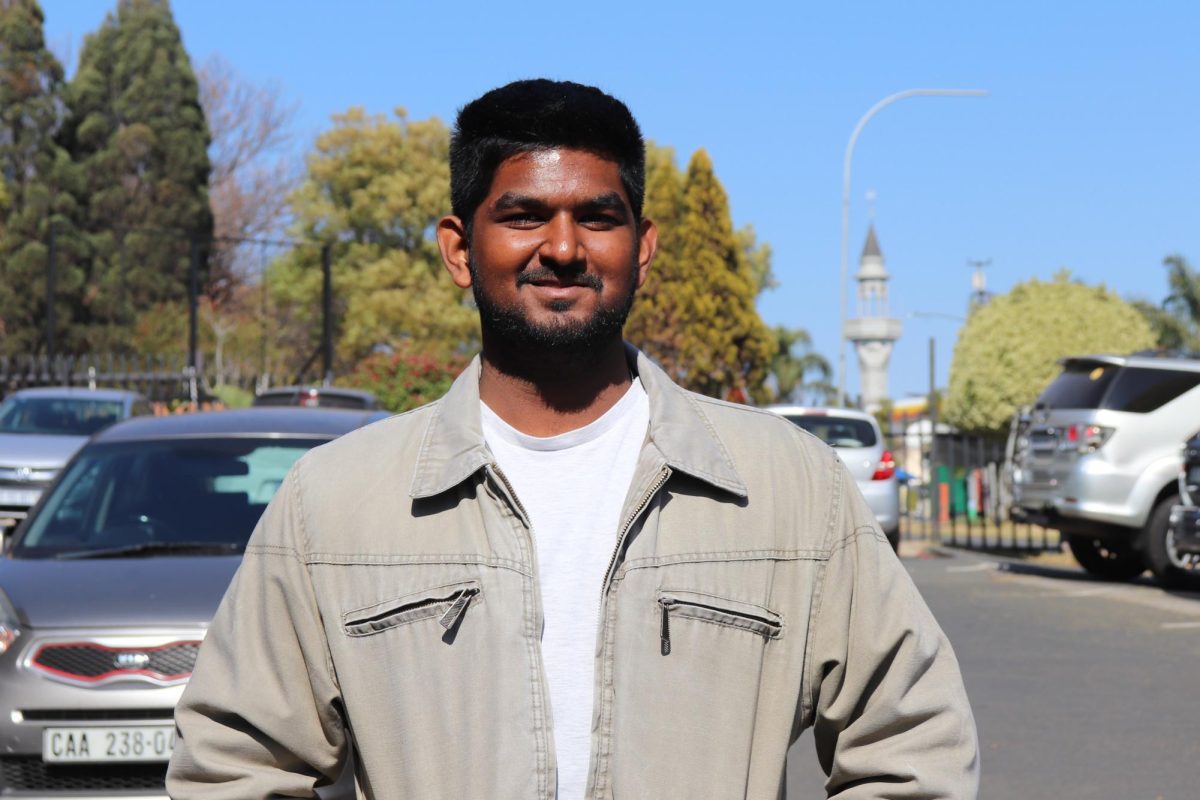
Cecilia Smith • Jun 20, 2019 at 12:30 pm
The article was so informative and well written. Articles like yours will open the eyes of many to the conditions of those living in impoverished areas.